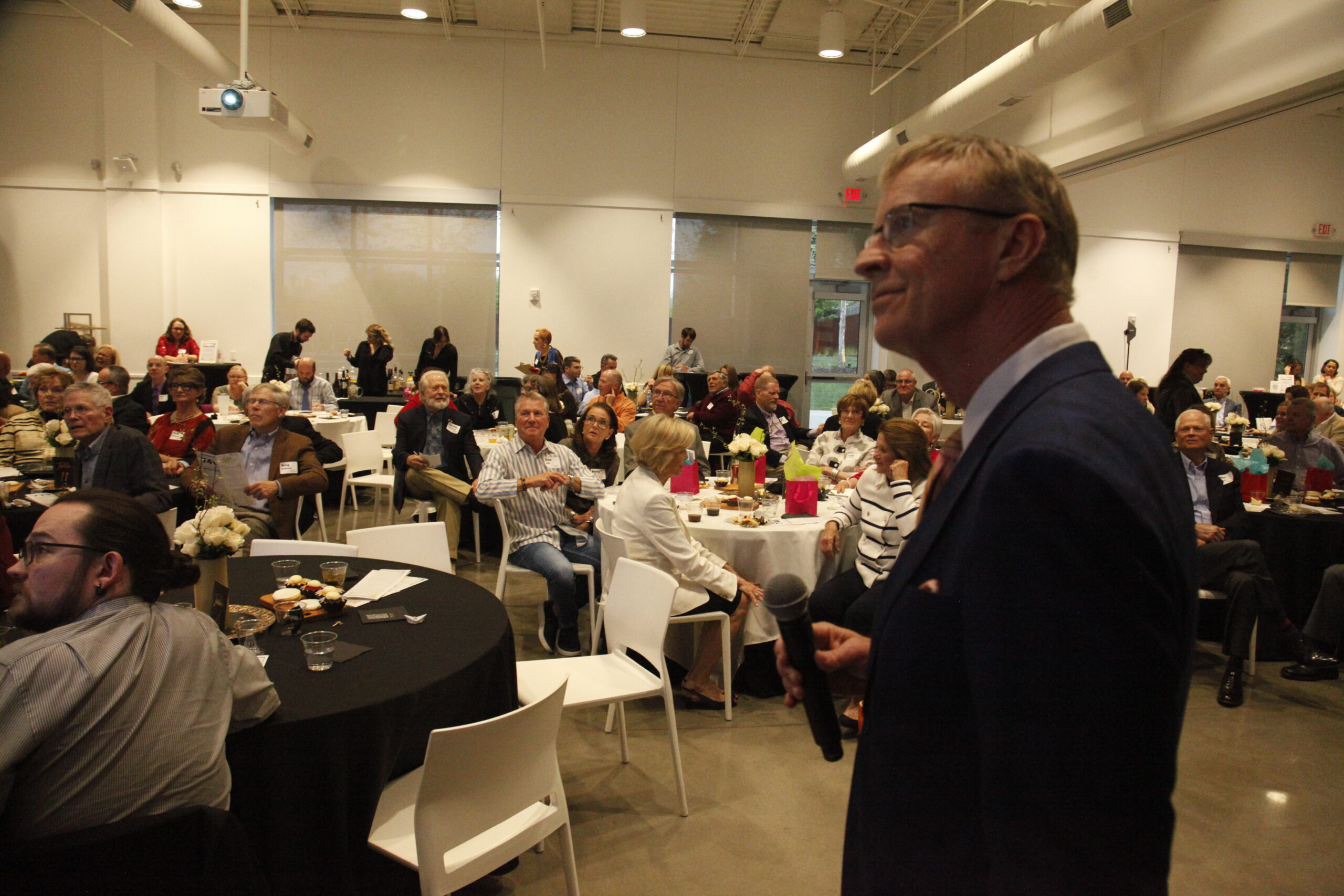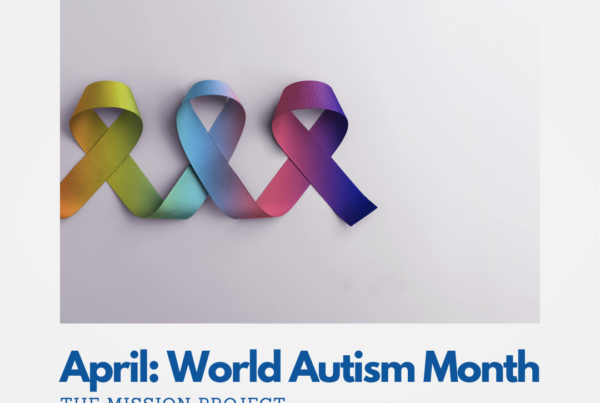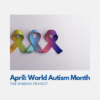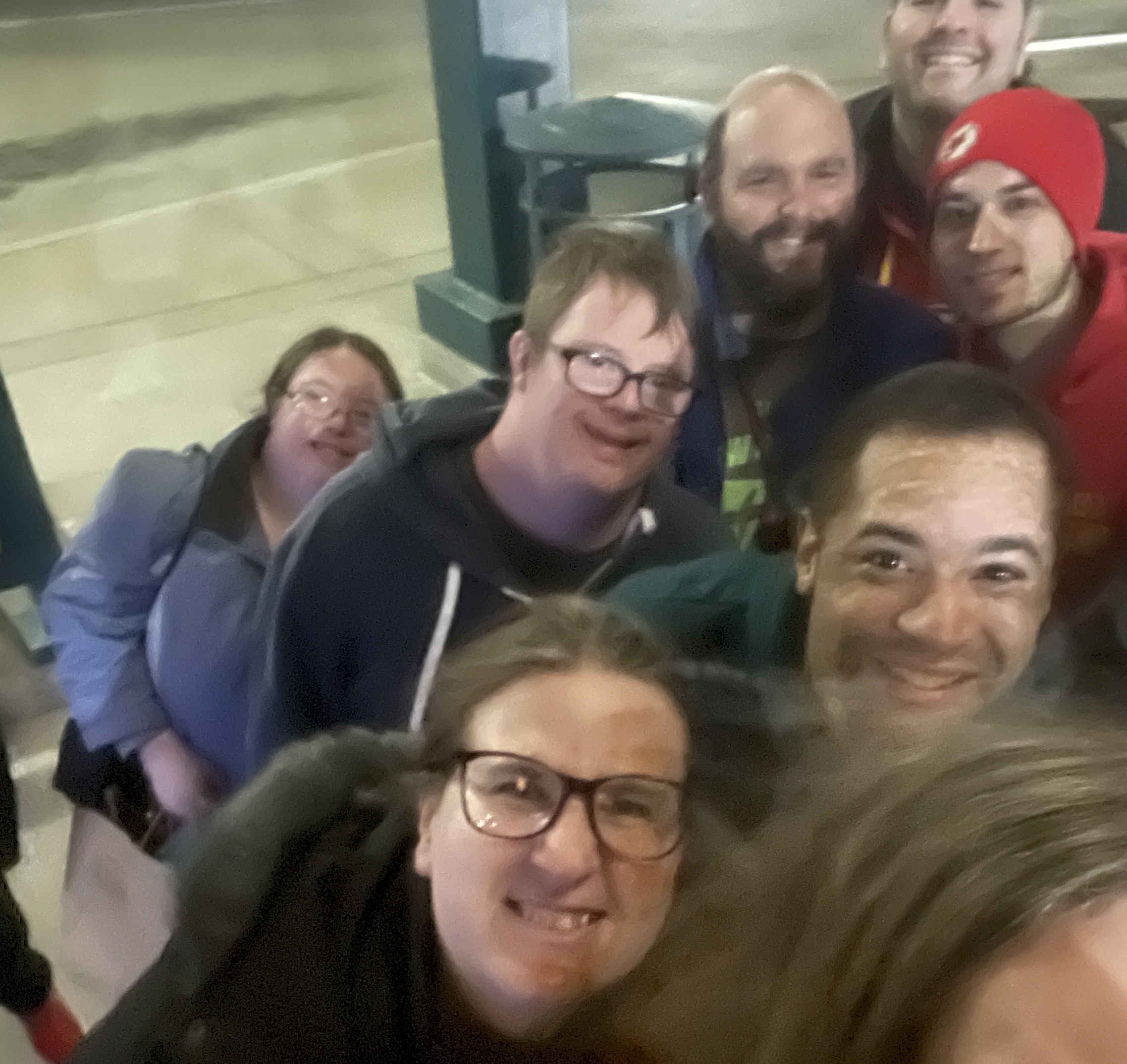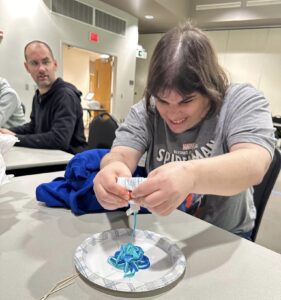 Building Connection and Compassion: A Recap of The Mission Project’s Problem Solvers Event
Building Connection and Compassion: A Recap of The Mission Project’s Problem Solvers Event
The Mission Project’s latest all-group Problem Solvers event focused on the power of words, emotional awareness, and gratitude. Participants began the session with an engaging toothpaste activity, where they squeezed an entire tube of toothpaste onto a plate as quickly as possible. The real challenge? Using toothpicks to put the toothpaste back into the tube. This exercise served as a powerful metaphor: words, like toothpaste, are easy to let out but nearly impossible to take back once spoken.
The group delved into a meaningful discussion about the impact of words. Hurtful words can leave lasting scars, even if forgiveness is offered. The old adage “sticks and stones may break my bones, but words will never hurt me” was reframed as “words can hurt forever.” Participants explored the profound consequences words can have, especially for individuals with rejection sensitivity—a condition linked to neurodivergent conditions like ADHD and autism spectrum disorder (ASD).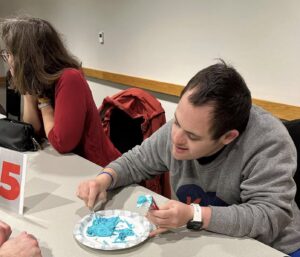
Rejection sensitive dysphoria (RSD) was explained as an intense emotional response to rejection or perceived failure. Symptoms such as low self-esteem, anxiety, and emotional outbursts can be challenging, but understanding and compassion can help create a supportive environment. The group practiced “repair phrases,” such as “I’m sorry” and “I didn’t mean that,” emphasizing the importance of acknowledging and mending the hurt caused by words.
The session ended on a positive note, focusing on gratitude as a tool for fostering self-love and emotional resilience.Gratitude Finder journals, generously donated by Denise Albright (DeniseAlbright.com, if you’d like to snag your own), were distributed to each participant.
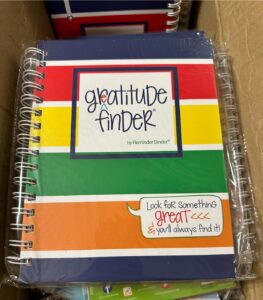
The group discussed how writing down moments of thankfulness can boost self-esteem, reduce negative emotions, and serve as a source of positivity during tough times.
Through meaningful discussions and hands-on exercises, this Problem Solvers event highlighted how empathy, understanding, and gratitude can build deeper connections and create a more compassionate community.



